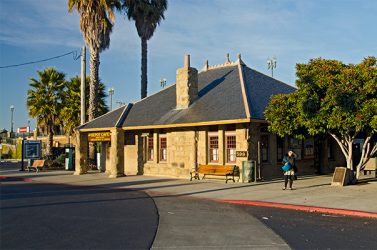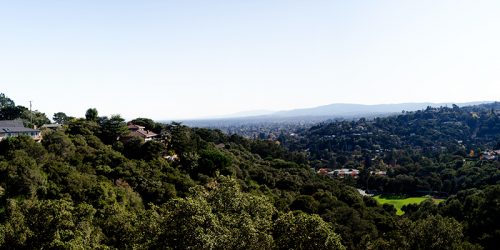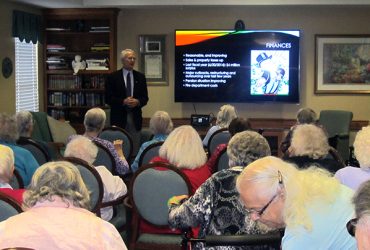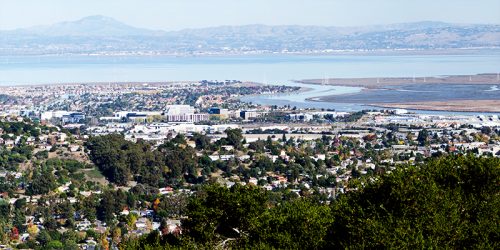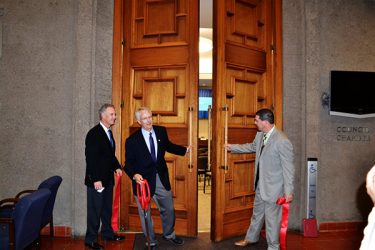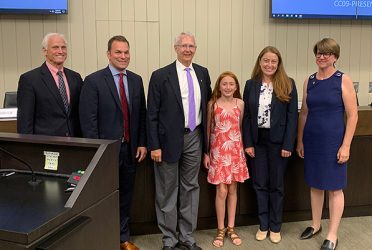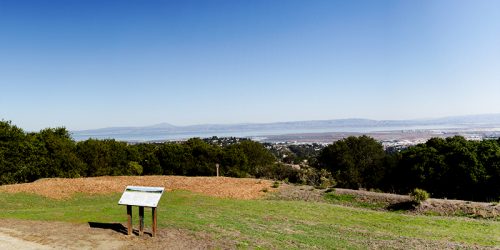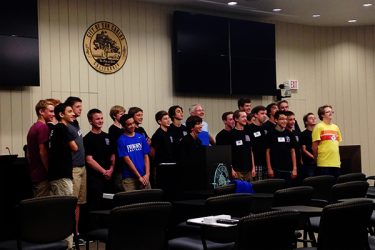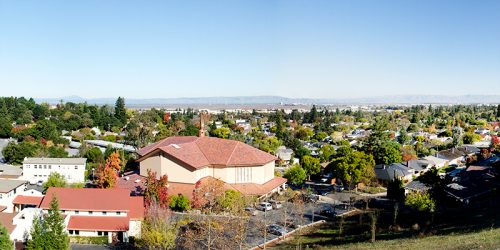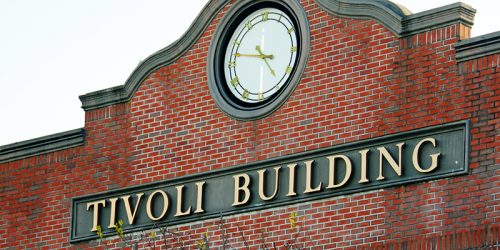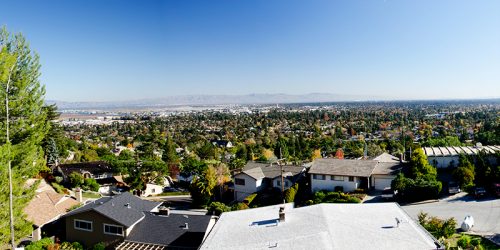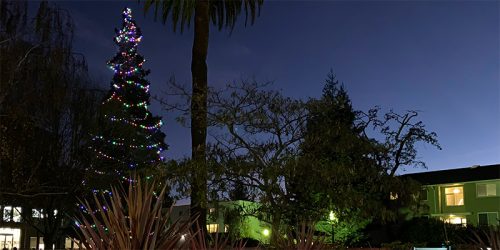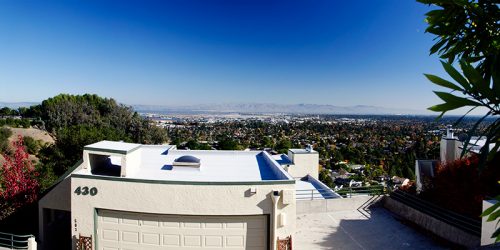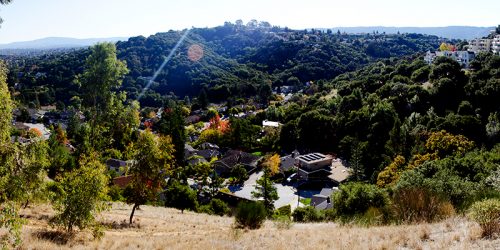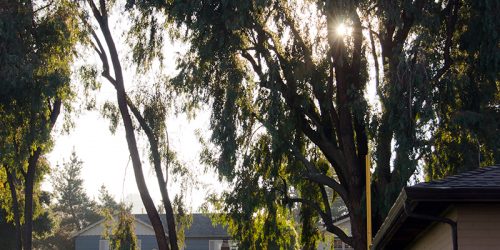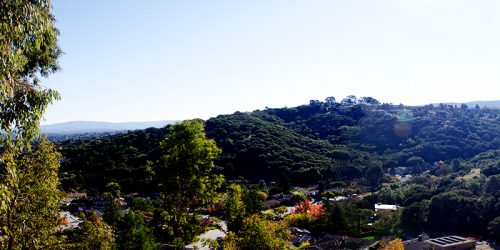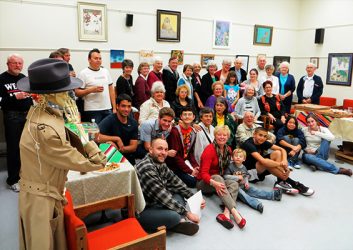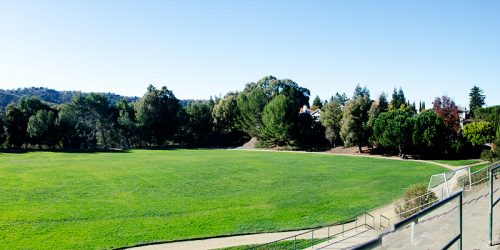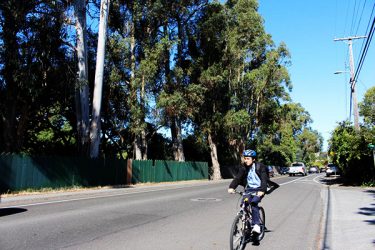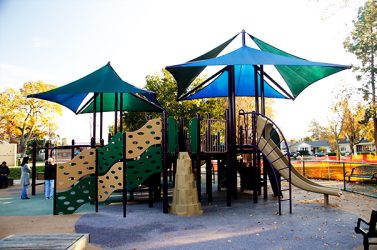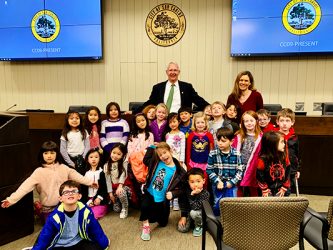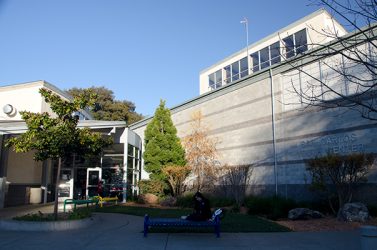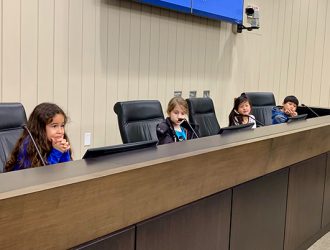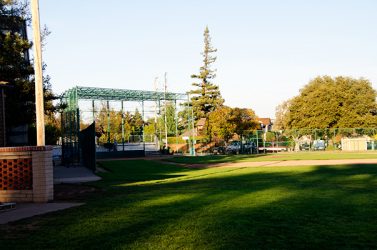This write-up is intended to record my recollections about how the recent initiative to reduce house sizes in San Carlos transpired. It may change over time if my memory gets refreshed or corrected.
Outcome as of September 2019
Our current housing rules are more restrictive than they used to be. But not as restrictive as a number of community members wanted. That’s neither unheard of nor unusual. Legislative bodies tend to be lobbied on only “one side” of an issue (unless it’s an issue that’s engaged large parts of the community) and so often end up factoring in considerations that the lobbying groups don’t believe warrant as much weight as the legislative body does.
High-level Timeline of Review and Amendment Process
- Community members lobbied the Council to look into house size regulations out of a concern that new and remodeled homes were getting too big.
- Council considered various approaches for this and settled on appointing a special commission to work with staff and develop ideas for the Council to consider implementing after they were reviewed by the Planning Commission.
- That special commission made recommendations which the Planning Commission, after taking public input, modified significantly (conforming the recommendations more closely to what the initial lobbying group had wanted, as I recall).
- The Council reviewed both the special commission’s proposals and the Planning Commission’s proposals. It ended up adopting much of the Planning Commission’s approach, but it tweaked the new rules for smaller lot sizes so they were more restrictive (in terms of house size) than the pre-existing rules but not as restrictive as either the Planning Commission or the original lobbying group had proposed.
Ron’s & My Tweak
NB: in fairness to Ron, please remember that this is my recollection about what happened — his may be different. I don’t mean to put words in his mouth by what I write here. Or into Cameron’s for that matter, either.
Ron & I proposed tweaking the rules for smaller lot sizes because we had heard from, and were concerned about, the impact more restrictive rules would have on the ability of growing families to stay in San Carlos.
It used to be that you could buy a home somewhere, and as your family situation changed over time you could sell that home and buy another one within the same community. That’s no longer the case for the vast majority of families moving into San Carlos: their first home will be their only home so long as they’re here. Meaning that remodels and enlarging homes is more common than it used to be.
Ron & I did not want to adopt policies which might drive new families out of San Carlos after they’d settled here because our house size rules were too restrictive. The Council as a whole apparently shared that concern because it adopted that part of our ideas. Cameron voted against it, but as I recall that’s because he felt Ron’s & my proposal didn’t do enough to protect against the concern we were trying to address.
As an aside I’ll also point out that the Council rejected most of Ron’s & my other ideas. Which illustrates that no one council member was driving the process, which is to be expected when the Council is dealing with a complex and nuanced set of regulations which would greatly impact the community.
A Perspective on Legislative Bodies
This kind of evolutionary process is typical of how legislative bodies work. They don’t (and can’t, I believe) delegate their authority to special commissions. But they can ask for advice…which they (and other commissions, like the Planning Commission in this case) are free to accept or reject in whole or in part.
Their decisions can also be over-ruled by ballot initiatives because their authority to make decisions on behalf of the community is derived from the community (i.e., the power ultimately resides with the community).
I made a point of explaining that last option to the leaders of the original lobbying group when Ron & I met with them after the changes were made. While I wouldn’t like having a decision I made on behalf of San Carlos over-ruled by voters, I respect and support the community’s right to do so.
